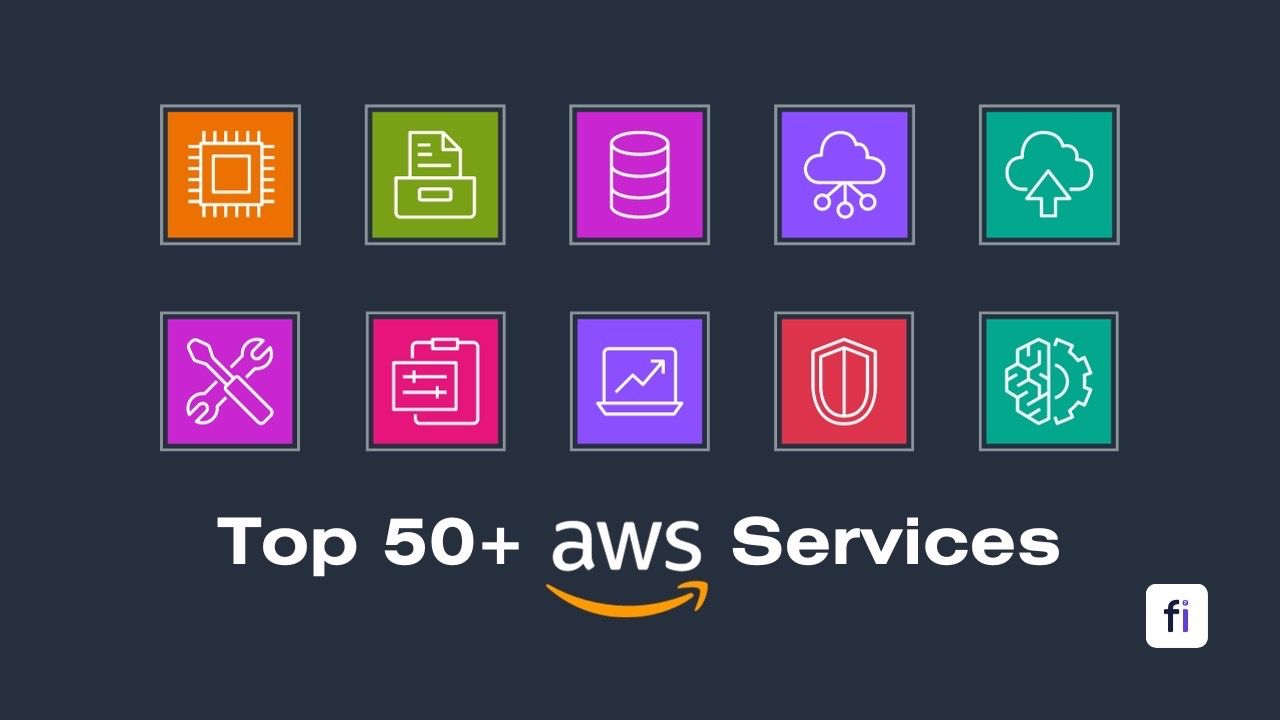DevOps vs SRE vs Platform Engineering - Explained
At small companies, engineers often wear multiple hats, juggling a mix of responsibilities. Large companies have specialized teams with clearly defined roles in DevOps, SRE, and Platform Engineering.

Originally, DevOps, SRE, and Platform Engineering were just new ways of thinking - cultures and philosophies. But over time, they've turned into real roles at companies with specific focuses and responsibilities. This profile of job titles can create confusion - What exactly do these roles for? How do they interact and differ?
Of course, all these new job titles can get confusing. DevOps engineer, SRE, and platform engineer - they sound pretty similar, right? But while they're related in some ways, the work these roles do is also very different.
What is Development?
Development refers to the engineers who write application code and business logic for a company's core products or services. This is the only role that directly generates revenue by building features used by customers. Developers focus on writing and improving source code for applications.
In the early days of tech, developers would just "throw code over the wall" to sysadmin teams, hoping it would work in production. With DevOps, developers have gained more control and responsibility over deploying code to live environments.
What is DevOps?
DevOps emerged as a culture and practice aimed at improving collaboration between development and operations teams. The goal was to provide developers with more ownership and control over releasing code to users.
While DevOps can implement practices like automation and CI/CD, the DevOps Engineer role focuses on creating and improving developer workflows for faster and more reliable delivery of application changes. Responsibilities may include:
- Building and maintaining CI/CD pipelines
- Automating infrastructure provisioning
- Providing self-service deployment capabilities to developers
- Collaborating with other teams to improve the developer experience
The key purpose is to enable developers to ship code quickly and confidently. DevOps focuses on the developer experience and improving developer velocity above all else.
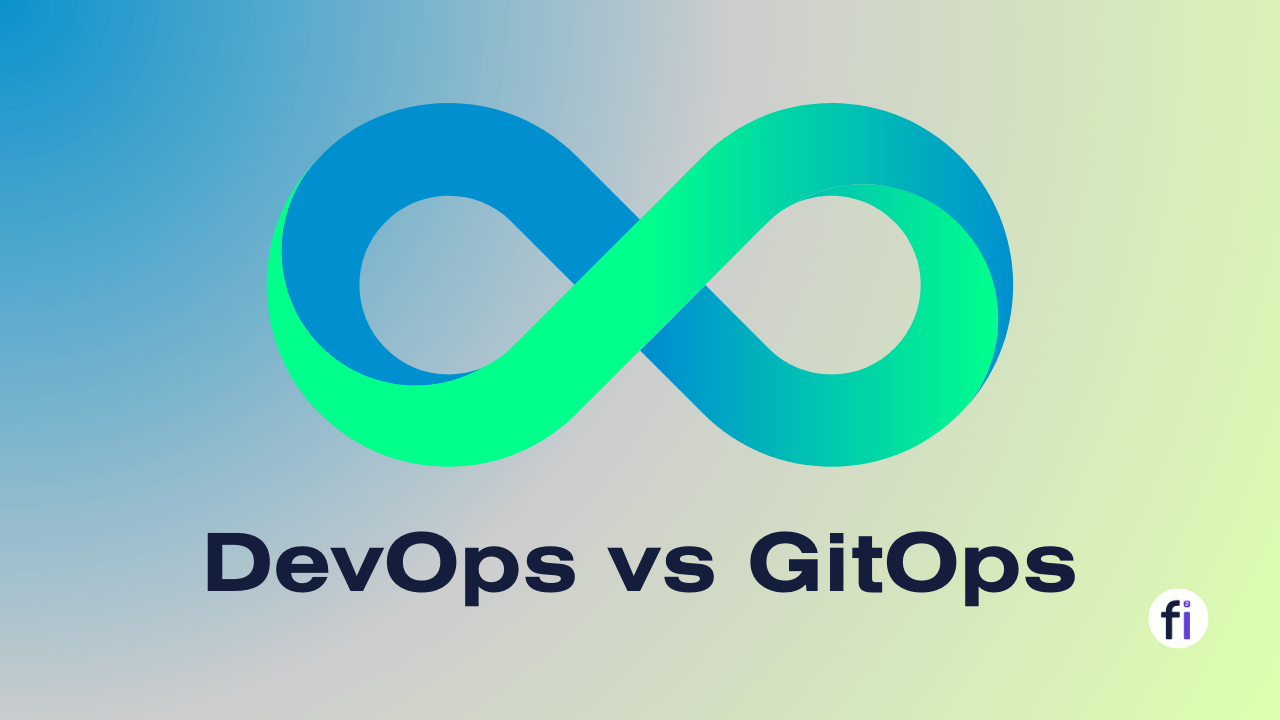
What is SRE?
Site Reliability Engineering (SRE) emerged at companies like Google to uphold service reliability and performance in production environments. SREs don't write business logic - they focus on keeping applications running smoothly for customers.
Typical SRE responsibilities include:
- Designing and implementing monitoring, alerting, and logs
- Performing capacity planning
- Defining SLOs (service level objectives)
- Running post-mortems and optimizing incident response
- Improving system architecture and reliability
While DevOps focuses on developer experience, SRE's priority is the production environment and customer experience. SREs are responsible for making sure users consistently have a high-quality experience.
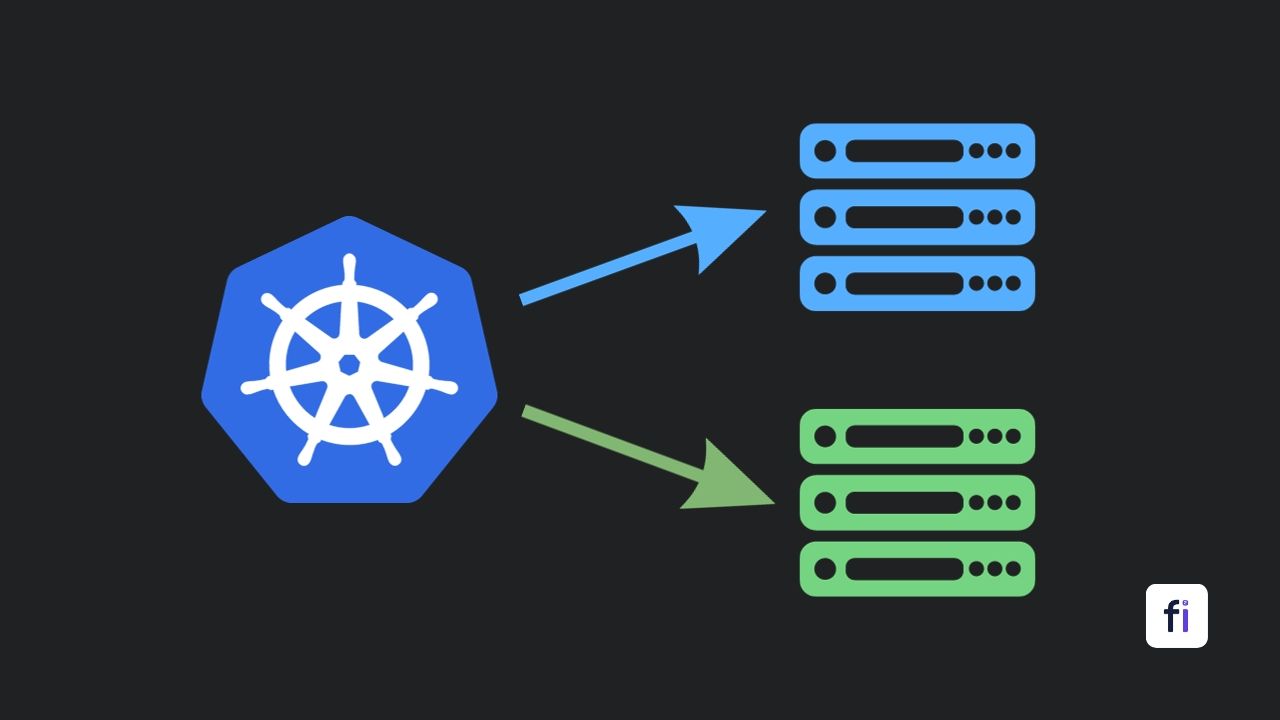
What is Platform Engineering?
Platform Engineering teams build shared tools and infrastructure to empower developers, SREs, and other roles. Rather than business logic, platform engineers focus on creating an ecosystem of reusable services and tooling.
Example platform engineering responsibilities:
- Developing internal SDKs/APIs for use by multiple teams
- Building developer tools and self-service solutions
- Maintaining core infrastructure like Kubernetes clusters
- Creating libraries/frameworks that simplify coding
- Providing common patterns and templates as a starting point
Platform Engineering produces leverageable solutions that reduce duplicate work across the organization. The goal is to enable all other roles to be more productive.
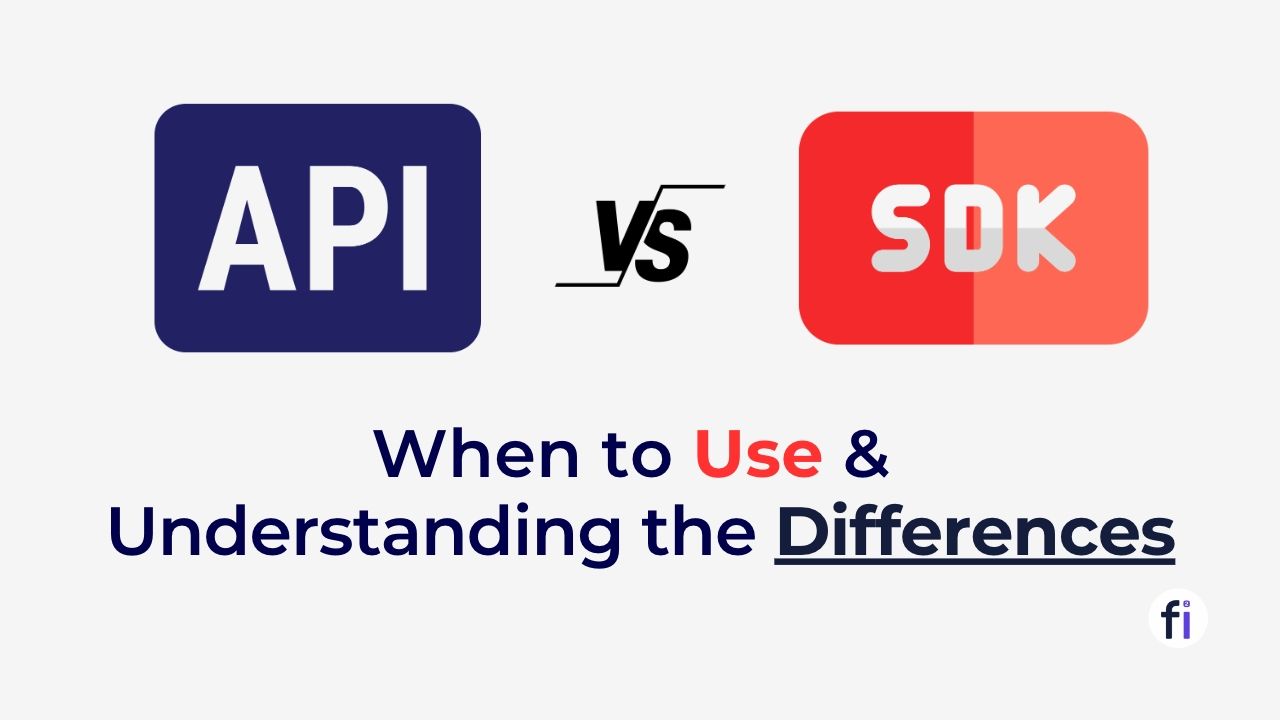
How do These Roles Interact?

While these roles have distinct focuses, they need to collaborate closely:
- Developers rely on DevOps for CI/CD automation and SREs to ensure production health.
- DevOps depends on Platform Engineering tools and SRE practices for deployment safety.
- SREs require visibility into code changes from Devs and deployment patterns from DevOps.
- Platform Engineering designs solutions for end users like Devs, DevOps, and SREs.
At smaller companies, engineers may wear multiple hats and overlap responsibilities. Larger companies tend to have dedicated teams and clearer separation between these disciplines.
Regardless of size, strong communication and shared ownership between roles is vital for delivering robust, scalable applications users love.
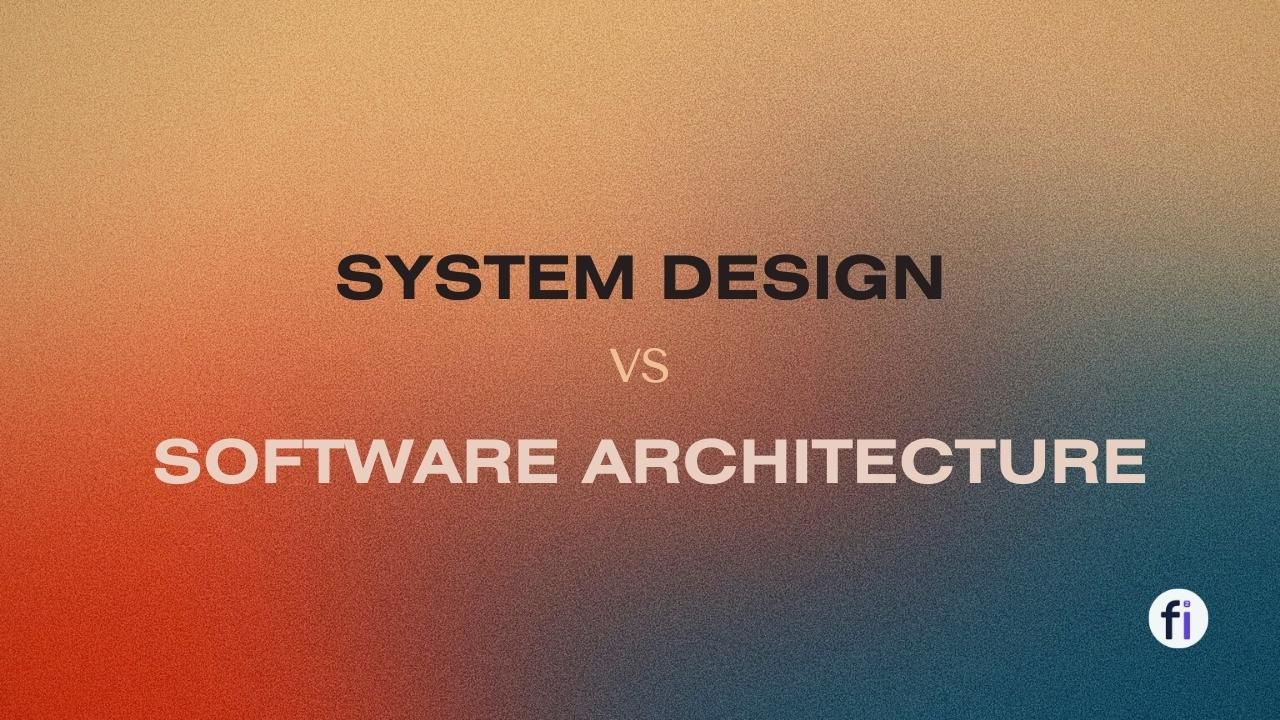
In Conclusion
DevOps, SRE, and Platform Engineering are emerging disciplines with different concerns. Rather than distinct titles, it's best to view them as complementary areas of focus that require tight integration:
- Development builds the core product.
- DevOps maximizes developer productivity.
- SRE ensures production quality.
- Platform Engineering provides leverage-able tools and systems.


